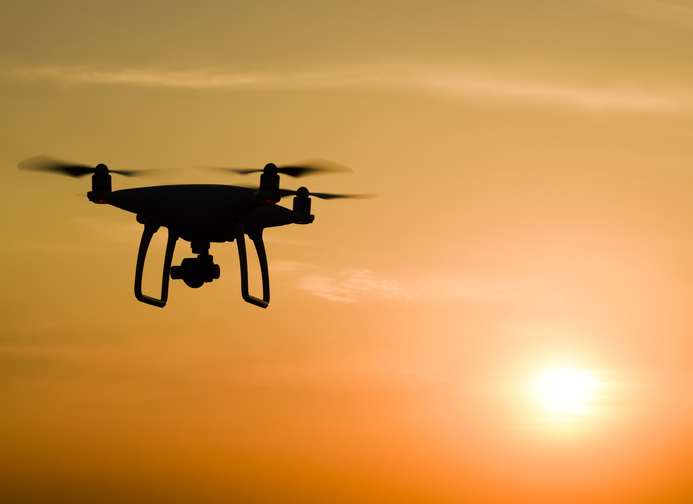EasyJet lost 15 million pounds ($19 million) during 36 hours of travel chaos sparked by drones flying into London’s Gatwick Airport in December, the budget airline said on Tuesday, adding it should serve as a “wake-up call” to airports.
The British carrier, the largest operator at Britain’s second-biggest airport, said the disruption affected 82,000 customers and forced the cancellation of more than 400 of its flights in the run up to Christmas.
That knocked around 5 million pounds off its revenue and cost the airline 10 million pounds to help its customers.
“We were disappointed that it took a long time to resolve,” Chief Executive Johan Lundgren told reporters.
“Airports have gotten this as a wake-up call, and will be better prepared going forward.”
The group gave an otherwise upbeat trading update and said 2019 bookings were encouraging despite uncertainty around Brexit, striking a more positive tone than rival Ryanair , which issued a profit warning last week.
EasyJet also said it had increased its share ownership by non-UK nationals of the European Economic Area to 49 percent, up from November and close to the 50 percent threshold needed to guarantee its right to operate intra-EU flights after Britain leaves the EU on March 29.
Gatwick was forced to close its runway in December when drones flew near the site south of London in the most disruptive incursion by unmanned aerial vehicles at any major airport.
It forced the cancellation or diversion of around 1,000 flights, affecting 140,000 passengers over three days in total.
Analysts at RBC said they had trimmed their profit-before-tax forecast for easyJet by 3 percent as a result of the Gatwick disruption, but retained their “outperform” rating as “far worse” earnings cuts were already priced-in.
EasyJet shares were 2.2 percent higher at 0856 GMT after the trading update.
SUMMER BOOKINGS UP
Drone disruption aside, easyJet said its operating performance had been good, striking a contrast to Ryanair, which warned lower than expected winter air fares would hit its full-year profit.
EasyJet said total revenue rose by 13.7 percent to 1.3 billion pounds in its fiscal first quarter to Dec. 31, and that it expected full-year headline profit before tax broadly in line with current market expectations.
“We feel that this environment is robust and solid, and we do well in it,” Lundgren said, adding that bookings for the summer were ahead of last year despite uncertainty over Brexit.







